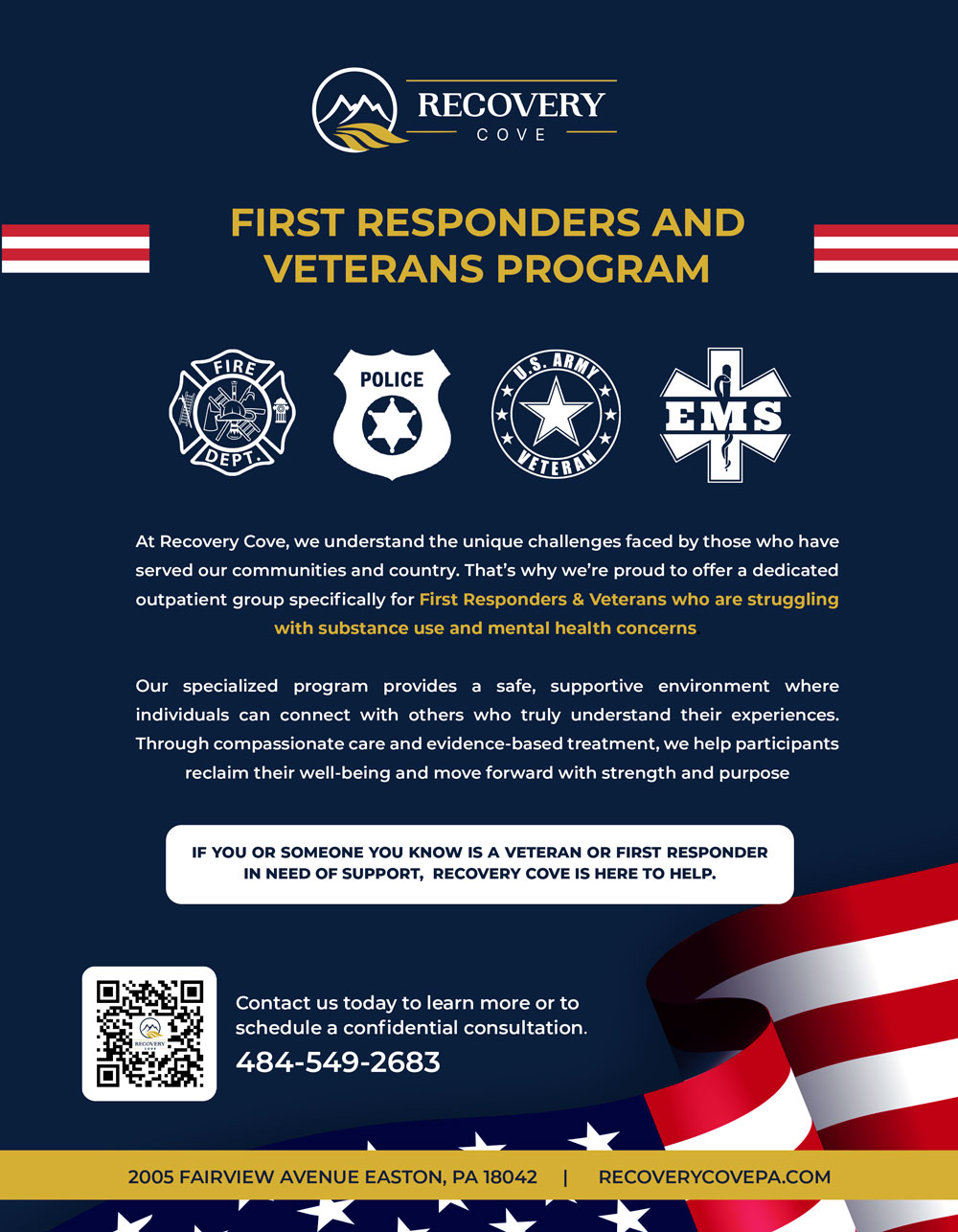If you’re in recovery, you might be wondering how the summer months will impact your progress. While summer does bring longer days, warmer weather, and the promise of relaxation, it can also come with triggers, social pressure, and disruption to a healthy routine. Without structure, it’s easy to feel conflicted about your sobriety, especially when substance use once played a central role in how you spent your free time.
That’s why creating a sober routine is an excellent way to approach summer. It involves more than just filling your calendar; it’s a powerful way to support your healing, build new habits, and find joy in a substance-free summer. Whether you’re in early recovery or maintaining long-term sobriety, developing an intentional summer routine can help you stay grounded and on track with your goals all season long.
Why Routines Matter in Recovery
Routine provides predictability, which is essential for anyone rebuilding their life after addiction. In the absence of old habits, your new schedule becomes the foundation for healthy living. Routine is always important, but it’s even more so in the summer. By having a daily schedule, you reduce idle time, which is often when cravings arise. It also promotes emotional stability by keeping sleep, meals, and exercise on track. If cravings do arrive, you’ll be better equipped to manage them.
A summer routine also supports mental health through regular self-care and social connection. It creates purpose and structure, helping you look forward to each day. And who knows, you might even find new activities that you love such as water sports, hiking, cycling, or working with animals. When you plan your time mindfully, you also minimize exposure to risky environments. While spontaneous fun has its place, a balanced schedule of wellness-focused activities helps you stay aligned with your recovery goals.
Tips for Building Your Sober Summer Routine
Start with a Daily Framework
By now, you should have a structured schedule that includes consistent sleep and meal times. Consider how the summer months might impact your schedule. For example, instead of exercising indoors, you can take your workouts outdoors. Or, new hobbies might open up with warmer temperatures such as fishing, swimming, or surfing.
Your daily framework should be built around:
- Consistent sleep. Wake up and go to bed at the same time each day, even on weekends.
- Meal times. Nourish your body at regular intervals. Many fruits and vegetables are in season in the summer, so it’s a great time to try new foods. Also, make sure you’re drinking plenty of water.
- Recovery work. Attend meetings and therapy sessions over the summer. You should also continue any additional recovery work that keeps you grounded, such as journaling, meditation, or mindfulness.
- Movement. Aim for daily physical activity, even if it’s a walk around the neighborhood.
- Connection. Make time to talk with supportive people. In fact, your social circle might open up over the summer with people having more free time or coming home from college.
- Free time. Add relaxing or creative hobbies you enjoy, whether it’s reading, birdwatching, gardening, or roasting marshmallows by the fire.
To help you prepare for the week and feel a sense of control, use a planner or app such as Todoist or Sunsama.
Set Weekly Goals
Choose 1–3 goals each week that align with your recovery. For example, maybe you want to attend 3 group meetings, try one new sober activity, or read for 20 minutes each day. Coming up with goals builds confidence and allows you to continue improving yourself. Keep your goals realistic and achievable so that you don’t get discouraged.
Incorporate Substance-Free Activities
One of the most rewarding parts of recovery is rediscovering joy. It can be difficult to imagine yourself having fun without substances in early recovery, but over time, you’ll begin to see that life has plenty to offer. Summer is full of opportunities to explore new hobbies and interests that don’t revolve around alcohol or drug use. Let’s explore ideas to put on your summer bucket list!

Outdoor Activities That Support Healing
Spending time outside has been shown to reduce stress, improve mood, and promote mindfulness, which are all key components of recovery. Here are some outdoor activities to try:
- Go hiking or trail walking. Nature provides calm and clarity. Explore local state parks or walking trails with a friend or recovery group. Lehigh Gorge State Park is known for its stunning hiking trails along the Lehigh River, along with opportunities for rafting and kayaking. Nockamixon State Park offers opportunities for boating, fishing, and swimming, along with plenty of trails for hiking and horseback riding.
- Visit the beach or a lake. Sun, water, and sand are therapeutic in their own right. Pack a book, water, snacks, and enjoy a quiet day of relaxation. Point Pleasant Beach in NJ is about an hour and 30 minutes from Easton, or you can try Cedar Beach Park in Allentown that’s about a half hour away. It features a lake and swimming pool.
- Gardening or volunteering outdoors. Tending to plants or helping a community garden can be deeply grounding and satisfying. You can grow your own produce and make recipes from scratch, giving you more control over what you put into your body.
- Bike rides or kayaking. Low-impact physical activities are a great way to stay active and get out of your head. Pennsylvania offers all types of water activities whether you choose to visit a lake or drive to the shore. Smithfield Beach in East Stroudsburg features a grassy beach with picnic areas, plus boating, canoeing, and walking.
- Take a yoga or meditation class in the park. Many communities offer free outdoor sessions in the summer. These support both mental clarity and physical health, plus introduce you to new people with similar interests.
Creative and Mindful Activities and Social Activities
While outdoor activities are popular in the summer, you shouldn’t discount the power of mindfulness and socialization. For instance, consider joining an art class or cooking class, start a gratitude practice, or write in a summer recovery journal. These activities allow you to express your emotions, process experiences, and cultivate peace.
Isolation can be dangerous in recovery, so use summer to build or strengthen supportive connections. Attend your meetings and therapy sessions, host sober BBQ or game nights, and volunteer your time. Also, if you choose to travel, do so with intention. Plan sober activities, bring accountability tools, and avoid high-risk situations.
Red Flags to Watch for This Summer
While building a positive routine is important, it’s equally vital to be aware of potential triggers. Too much unstructured time or boredom can invite cravings. While you don’t need to fill every second of every day, stay proactive with your schedule and minimize unstructured time.
Another red flag to watch for is the social pressure to drink or use. Be prepared with responses like, “No thanks, I’m focusing on my health,” and plan your exit strategy if needed. Summer can also stir up loneliness or FOMO (fear of missing out), especially if you use social media. Practice self-compassion and reach out for support if you need it. If you have a busy, meaningful schedule, you’re less likely to experience these emotional shifts. Lastly, even if you feel “fine,” don’t put recovery work on pause. Consistency is protective.
Final Thoughts
A sober summer doesn’t mean a boring summer—it means creating a life filled with purpose, peace, and genuine joy. The longer days and slower pace of summer offer the perfect opportunity to reflect, reset, and build a lifestyle that supports long-term healing.
At Recovery Cove, we’re here to help you design a recovery journey that works for you, season after season. Whether you need support getting through the summer months, want to explore therapy, or need a structured treatment plan, our team is ready to walk beside you. Reach out today at 484-549-COVE and discover how empowering a sober summer can be.







